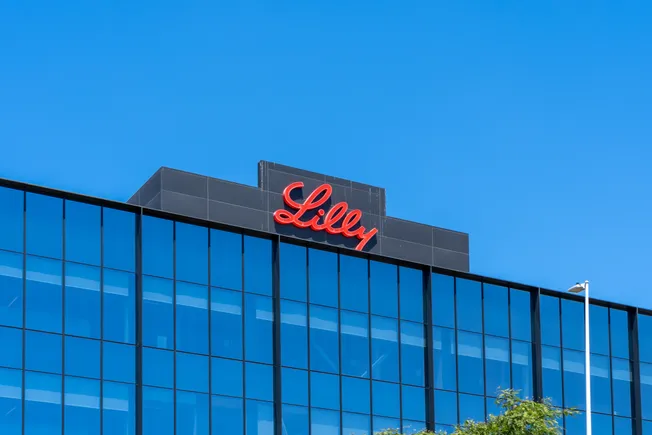
Dive Brief:
- QurAlis, a Cambridge, Massachusetts-based biotechnology company developing drugs for neurodegenerative diseases, on Monday announced it has licensed an experimental medicine for ALS and frontotemporal dementia to Eli Lilly.
- Lilly will pay the startup $45 million upfront for rights to a therapy called QRL-204 and currently in preclinical development. Should the drug hit certain milestones, QurAlis could receive up to $577 million in additional payouts. The two will work together to develop other, similar medicines as well.
- Lilly has long made brain drugs a focus of its research, despite some high-profile setbacks and even as many of its peers retreated from the field. The Indianapolis company could soon win approval of a drug for Alzheimer’s disease, and has multiple other prospects in clinical testing.
Dive Insight:
The deal between QurAlis and Lilly is a reversal, of sorts, from an alliance the two forged in 2020. In that partnership, QurAlis acquired a group of small molecule prospects for ALS and other brain diseases, one of which is in early human testing. Now QurAlis is returning the favor, handing Lilly rights to an antisense oligonucleotide, or RNA-based, therapy for ALS.
An estimated 30,000 people in the U.S. have ALS, also known as amyotrophic lateral sclerosis, a progressive and fatal disease with no cure. While there are a handful available drugs that provide modest benefits, none can halt or reverse the disease’s course, and many would-be medicines have fallen short in clinical testing. One that did get to market last year, Amylyx Pharmaceuticals’ Relyvrio, was withdrawn after the failure of a confirmatory trial.
Lilly and QurAlis are hoping for better luck with QRL-204. The drug is designed to correct the faulty transcription of a gene called UNC13A that’s frequently mutated in people with ALS and frontotemporal dementia. Preventing these errors via an antisense drug, QurAlis claims, can restore normal protein production and functioning of nerve cell junctions.
In a statement, Andrew Adams, the head of Lilly’s Institute for Genetic Medicine, said the approach holds promise “for delivering meaningful advances against a range of neurodegenerative diseases.” In addition to advancing QRL-204, Lilly intends to work with QurAlis to identify other antisense oligonucleotides that target UNC13A.
QurAlis has three other programs in development for ALS, frontotemporal dementia and primary lateral sclerosis, a slower moving neurological disease that affects the upper body. Two are now in clinical testing, including an RNA-based therapy targeting a different gene associated with ALS. QRL-204 was behind both.
“We want to make sure that [QRL-204], which we are really excited about, gets the attention that it deserves,” said Kasper Roet, QurAlis’ CEO and co-founder.
Funds from the Lilly deal, as well as a $88 million Series B round QurAlis raised in 2023, are being used to back clinical trials for its two other programs and build staff, Roet said.
- SEO Powered Content & PR Distribution. Get Amplified Today.
- PlatoData.Network Vertical Generative Ai. Empower Yourself. Access Here.
- PlatoAiStream. Web3 Intelligence. Knowledge Amplified. Access Here.
- PlatoESG. Carbon, CleanTech, Energy, Environment, Solar, Waste Management. Access Here.
- PlatoHealth. Biotech and Clinical Trials Intelligence. Access Here.
- Source: https://www.biopharmadive.com/news/quralis-eli-lilly-als-drug-dementia-deal/717585/
